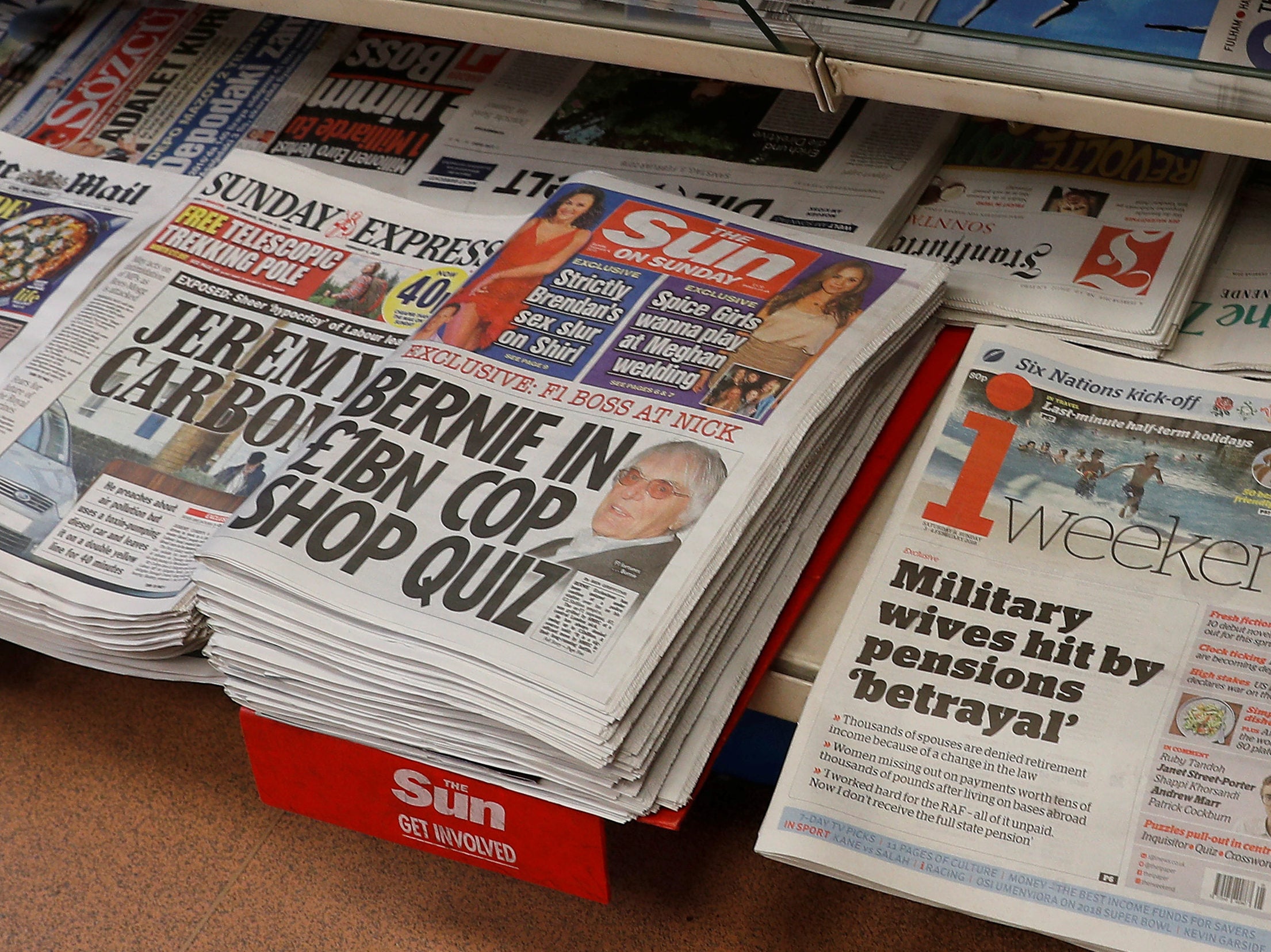
A leading media lawyer has warned that the proposed Data Protection Bill cost amendments could be unlawful to enact and in violation of human rights laws.
MPs are due to vote tomorrow on amendments which would require publishers to pay all the claimants’ costs of legal action brought against them over data protection breaches, win or lose, unless they are signed up to a state-backed regulator – which is currently only Impress.
Antony White QC of Matrix Chambers gave his legal opinion on the amendments to industry body the News Media Association.
The modifications from the former cost sanctions clauses, which were voted in by the House of Lords and out again at Committee stage, make these new proposed amendments even less favourable, he said.
White said the laws were liable to be found by the European Court of Human Rights to be in violation of the European Convention on Human Rights on the grounds of freedom of expression, the right to a fair trial, and prohibition of discrimination.
The cost amendments tabled by deputy Labour leader Tom Watson exempt smaller publishers which publish “predominantly in specific regions or localities”.
White said this was a “transparent (and in my view arbitrary and unjustifiable) discrimination against the national press”.
The NMA added it would also discriminate against larger regional publishers such as Newsquest, Johnston Press and Archant who publish greater numbers of local titles and have lawfully chosen, for reasons of principle, not to join Impress.
White also pointed out that the amendment “singles out publishers organised on the basis of a lawful commercial model (those which generate profits for their shareholders)”.
This could mean publishers like The Guardian, which directs any profits to its owner and not-for-profit group The Scott Trust, are exempt, which White said was another blow to discrimination law.
White previously told the NMA, in his response to an earlier version of the Data Protection Bill, that the threat of paying both sides’ legal fees, win or lose, would have a “chilling effect” on publishers who have not chosen to join Impress.
He wrote: “They will inevitably be less willing to investigate and publish articles about living individuals which might attract claims for breach of the data protection legislation.
“That chilling effect will have an impact even where a publisher believes it has grounds to defend such a claim.”
White added: “It is well established that financially disadvantageous measures of this sort in connection with litigation can amount to an interference with the media defendant’s right to freedom of expression.”
His earlier arguments against the amendments still stood, White said.
As the only press regulator approved by the Royal Charter, only Impress member publishers would be exempt from paying all legal costs in cases brought under the Data Protection Bill.
Most regional and national newspapers are signed up to the Independent Press Standards Organisation, which last week announced a new compulsory arbitration scheme which could force them to pay out up to £60,000 to victims of press abuses.
It will cost claimants a maximum of £100, offering an alternative to costly legal action over libel, privacy, harassment, and data protection claims.
The new scheme brings IPSO closer in line with recommendations made by Lord Justice Leveson following his inquiry in the culture, practice and ethics of the press, which concluded in 2012.
MPs will also vote tomorrow on an amendment to the Data Protection Bill tabled by former Labour leader Ed Miliband, which would establish a broad new Leveson-style inquiry into data protection issues in the media.
Picture: Reuters/Peter Nicholls
Email pged@pressgazette.co.uk to point out mistakes, provide story tips or send in a letter for publication on our "Letters Page" blog
